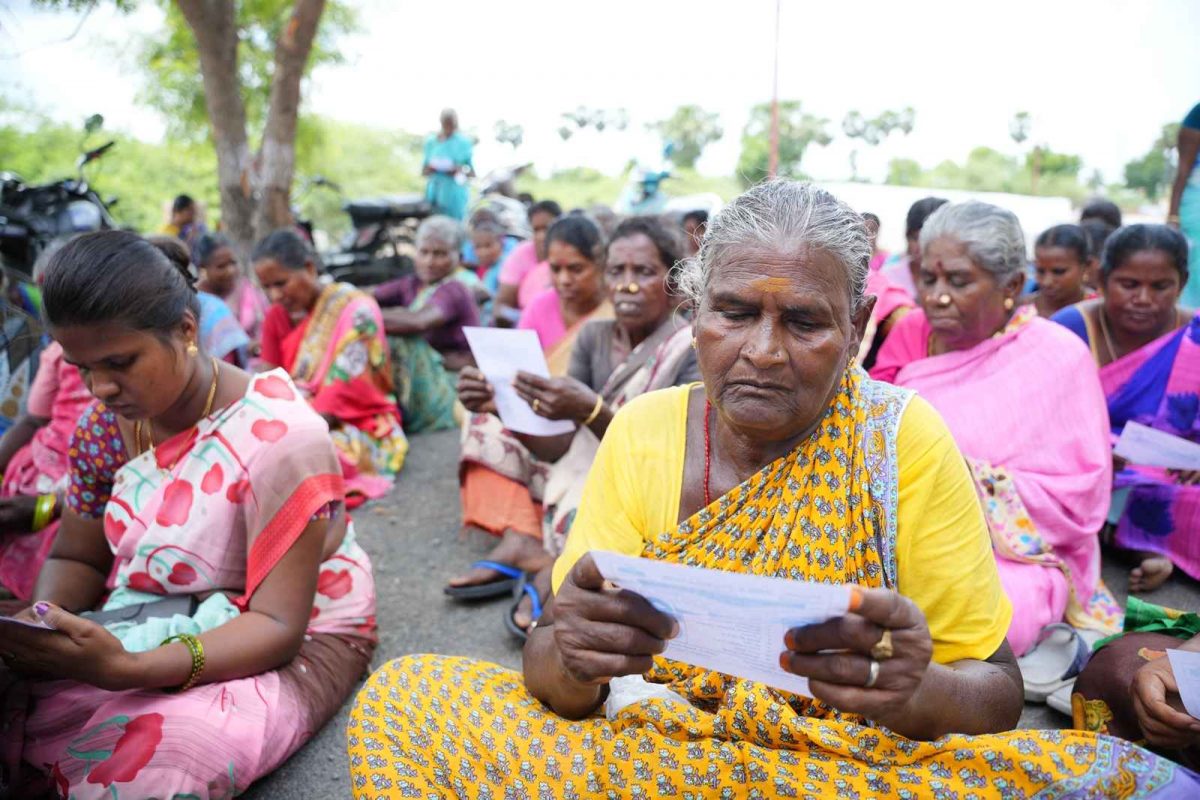Would you rather read dozens of books, listen to podcasts, learn skills or take courses and feel like you have learnt a lot, just to be in the same position you are now a year later? Or would you rather learn something relevant and apply what you have learnt and move forward in your life? All this knowledge is useless unless it is relevant and is put to use effectively to take control of your life. Actionable knowledge is that which can be applied effectively to solve real-world problems. Possessing knowledge alone is insufficient; it must be actionable to be truly empowering.
How Does Actionable Knowledge Empower?
True power is in the capacity to convert knowledge into action. The application of knowledge enables us to bring about good changes, attain our objectives and overcome challenges. For instance, in order to address stereotypes and empower women, it is crucial to provide them with knowledge and the resources and opportunities necessary to implement that knowledge and enhance their quality of life.
Further, financial literacy, which enables individuals to manage their finances and healthcare knowledge, which empowers individuals to make more informed health decisions, are additional ways of delivering actionable knowledge.
How to Transform Information into Actionable Knowledge
Personalisation and Contextualisation
The goal of systemic reform in education is to shift to a learner-centred model that meets the educational needs of all students. Modern demands require the selection of suitable emerging technologies in education to personalise the learning process and better meet each student’s needs. New instructional approaches for learners include multimedia resources, educational games, flipped classrooms and various forms of reality such as augmented, virtual or mixed reality.
Beyond a Classroom-centred Framework of Education
Many countries have focused on work-based learning for both young people and adults in their vocational skill development plans. Internships and apprenticeships are on the rise worldwide. To enhance employability, it’s essential to consider graduates’ ability to secure immediate jobs and tackle challenges in the labour market. Education policies and programmes should be based on a thorough analysis of the needs and aspirations of individuals, enterprises and societies.
Actionable Skill Development
Skill development not only empowers individuals, but it also benefits the economy by producing a competent workforce capable of meeting industrial expectations. The utilisation of digital technology for reskilling, upskilling and capacity building support will be required for all stakeholders, including the general public, youth, elected representatives, etc., in order to achieve development objectives. Training should prioritise practical application over sharing knowledge. It is about demonstrating, not merely narrating. For example, rather than solely instructing sales techniques, encourage developing sales scenarios through role-playing.
Practical Guidance
Practical guidance converts theoretical knowledge into clear, actionable actions that individuals can implement to accomplish specific objectives. Step-by-step instructions facilitate the application of knowledge by deconstructing intricate tasks into manageable actions. For instance, a financial literacy workshop could instruct participants on the process of creating a budget by delineating each phase: income calculation, expense listing, and expenditure monitoring.
In the same way, health campaigns can encourage wellness by offering a straightforward, actionable checklist for daily exercise or balanced diet. In addition to fostering independence, this structured approach also instils confidence, enabling individuals to implement their knowledge in practical, meaningful ways.
Health and Hygiene Awareness Campaigns
Education and health campaigns encourage people to change their behaviour and take action based on their new information. Public health campaigns raise awareness about diseases, health hazards and hygiene, advising people on preventive actions and urging them to seek medical care for themselves or others. These initiatives use clear, actionable instructions to equip individuals with simple, practical strategies for maintaining good health and preventing sickness. To translate information into action, it is critical to cultivate cultural awareness and sensitivity in order to provide patient-centred messaging that respects varied cultures and values. Furthermore, in order to broaden reach and improve comprehension, multiple ways of communicating must be explored.
Schools, organisations and communities must encourage a culture of actionable knowledge through practical learning, skill development and continual learning. They should also offer resources and assistance on an ongoing basis.
These might take several shapes depending on the demands of the learners. Mentorship programmes, hands-on workshops and interactive platforms all drive people to apply what they have learnt in the real world.
Smile Foundation’s Health Cannot Wait initiative encourages children and the community to adopt health-seeking behaviour. The programme equips communities and individuals with skills that are immediately actionable.



